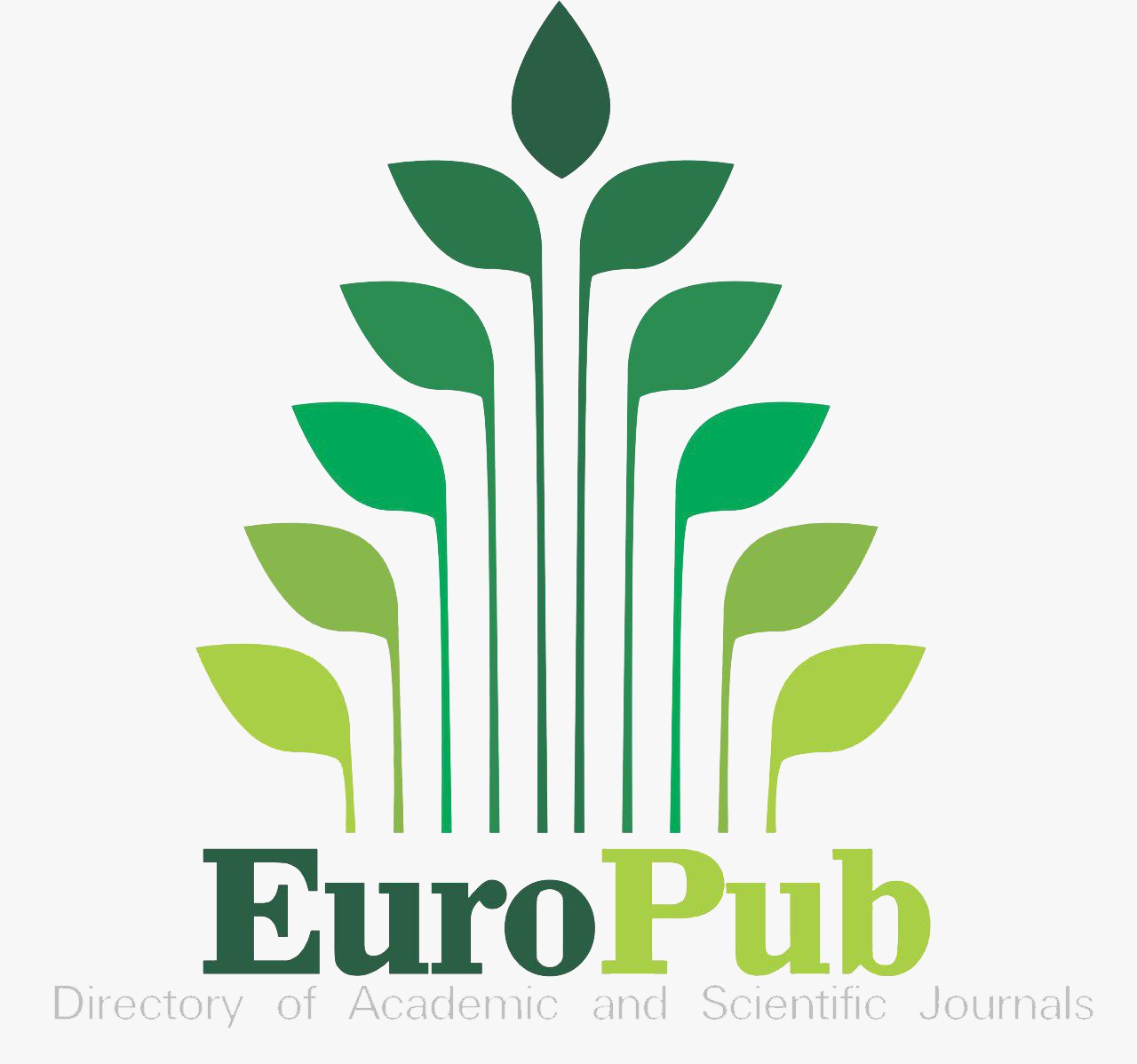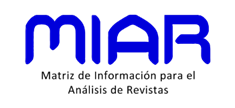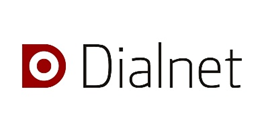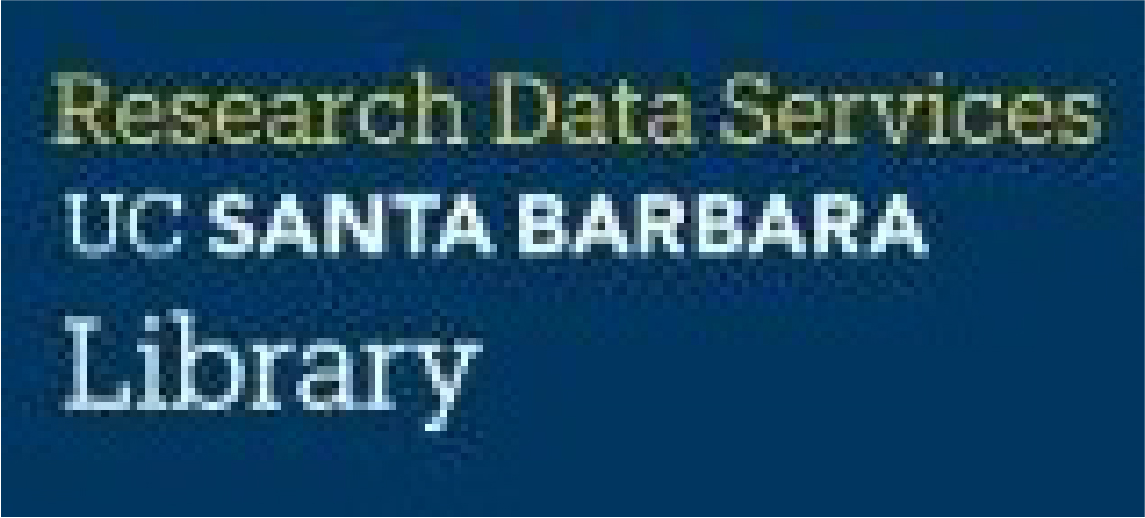DESAFIOS DEL ESTUDIANTE FRENTE A SU PROYECTO DE VIDA: INTELIGENCIAS MÚLTIPLES Y SU CONTINUIDAD HACIA LA EDUCACIÓN SUPERIOR
DOI:
https://doi.org/10.56219/dialctica.v2i25.3981Palabras clave:
Proyecto de vida, inteligencias múltiples, transiciones educativas, educación y habilidades blandasResumen
En un mundo cada vez más globalizado, más exigente y evolucionado, en un mundo donde ahora, las competencias son más importantes que la misma academia, es necesario e imperante reflexionar sobre las motivaciones que tienen los estudiantes, desde los niveles más pequeños, hasta los superiores, cuando deben enfrentarse al reto de empezar a asumir su proyecto de vida, su futuro y su destino a nivel personal, social y profesional. El desafío de tener que decidir el camino por el cual se debe trasegar, no puede ser ajeno al docente, como uno de los protagonistas en los procesos enseñanza-aprendizaje. Descubrir las destrezas y habilidades de los educandos dentro del aula, mediante la identificación oportuna de las inteligencias múltiples puede representar para los estudiantes un factor determinante al momento de concluir sobre la escogencia de una carrera, de un trabajo y de su vida misma. Es por ello, por lo que, a través de esta investigación basada en una revisión documental, con enfoque cualitativo, se aborda la relevancia de este trascendental aspecto y de cómo también desde la teoría de las inteligencias múltiples, se puede visualizar y distinguir el potencial característico de un educando, sus verdaderos intereses y necesidades, y la manera de asumir y enfrentar uno de los principales desafíos del ser, como lo es su proyecto de vida. Esta y otras miradas documentales nos permitirán evidenciar como, esa toma de decisiones influye también en dar continuidad o no a sus estudios superiores que hoy por hoy se fracturan con mucha facilidad. Finalmente, mediante esta investigación, se podrán evidenciar y analizar, algunos de los aspectos más concluyentes, cuando se trata de elegir el camino de la vida desde temprana edad, priorizando también las habilidades blandas, tan decisivas para alcanzar el éxito, la comunicación asertiva y la evolución individual y profesional.
Descargas
Citas
Antunes, C. (2014). Inteligencias múltiples y competencias. Editorial Graó.
Barrios Montoya, S. P., Maldonado Almarales, Y. I., & Martínez Lasso, A. J. (2021). Implementación de prácticas enfocadas hacia la orientación vocacional y la construcción de proyectos de vida en los estudiantes de grado décimo y undécimo en la Institución Educativa Departamental Rural de Tasajera Magdalena [Tesis doctoral, Universidad Politécnica Gran Colombiana]. https://alejandria.poligran.edu.co/bitstream/handle/10823/2877/PROYEC~1.PDF?sequence=1&isAllowed=y
Betancourth, J. C., & Cerón, L. J. (2017). Proyecto de vida en estudiantes de grado once de un colegio público de Medellín [Trabajo de grado, Universidad Católica del Norte de Medellín]. https://revistavirtual.ucn.edu.co/index.php/RevistaUCN/article/view/811
Boutinet, J.-P. (2002). El proyecto de vida: Un enfoque dinámico de la persona. Ediciones Paidós.
Castañeda, L. (2008). Proyecto de vida. Editorial Pax
Chacón, F. (2001). Proyecto de vida: Una propuesta para la formación integral. Editorial San Pablo.
Cifuentes Muñoz, I. L., & Alemán, P. M. (2015). Propuesta para fortalecer el proyecto de vida en estudiantes del colegio Antonio Villavicencio I.E.D. [Tesis de maestría, Fundación Universitaria Politécnico Grancolombiano]. https://core.ac.uk/download/pdf/198443095.pdf
Díaz Domínguez, T., & Alemán, P. A. (2008). La educación como factor de desarrollo. Revista Virtual Universidad Católica del Norte, (23), 1–15. https://rieoei.org/RIE/article/download/1184/2236
Escamilla González, A. (2014). Un enfoque educativo desde la teoría de las inteligencias múltiples. Educación y futuro: revista de investigación aplicada y experiencias educativas, 31, 15–42. https://redined.educacion.gob.es/xmlui/bitstream/handle/11162/154543/EyF_2014_31p15.pdf?sequence=1
Espaza Bernal, V. H. (2024). Construcción de proyectos de vida de jóvenes escolarizados situados en contextos de violencia y narcotráfico [Tesis de maestría, Universidad Autónoma de Sinaloa]. https://n9.cl/6hxq8
Galindo Laverde, A. L., & Jarro Molano, I. C. (2022). Estrategia plan de vida para prevenir la deserción escolar en niños y niñas de la IEDR El Destino [Tesis de licenciatura, Fundación Universitaria Los Libertadores]. https://repository.libertadores.edu.co/server/api/core/bitstreams/243874c1-2a7d-4dc8-a2c5-fd2722888941/content
Gardner, H. (1995). Inteligencias múltiples: La teoría en la práctica. Paidós.
Gardner, H. (1999). Inteligencias múltiples: La teoría en la práctica. Editorial Paidós.
Gardner, H. (2000). Inteligencia reformulada: La teoría de las inteligencias múltiples. Paidós.
González Torres, M. C., & Ortega, J. (2016). ¿Qué motivos tienen los estudiantes de bachillerato para elegir una carrera universitaria? Revista de Psicología y Educación, 11(1), 45–60. https://www.rpye.es/pdf/167.pdf
Macías Figueroa, Y. G., Vigueras Moreno, J. A., & Rodríguez Gámez, M. (2021). Una escuela con inteligencias múltiples: Visión hacia una propuesta innovadora. Revista Cubana de Educación Superior, 40(1). http://scielo.sld.cu/scielo.php?pid=S0257-43142021000100019&script=sci_arttext
Maslow, A. H. (2010). Motivación y personalidad. Ediciones Díaz de Santos.
Noroña, Y., Colala, A., & Peñate, J. (2023). La orientación para la proyección individual y social en la educación de jóvenes y adultos: Un estudio mixto sobre los proyectos de vida. Región Científica, 2(2), 202389. https://doi.org/10.58763/rc202389 DOI: https://doi.org/10.58763/rc202389
Peraza, G. N. A. (2022). Escuela inteligente y el desarrollo de las habilidades blandas. Revista EDUCARE-UPel-IPB-Segunda Nueva Etapa 2.0, 26(2), 403–428. https://surl.gd/tbvjqa DOI: https://doi.org/10.46498/reduipb.v26i2.1627
Piaget, J. (1946). La psicología de la inteligencia. Editorial Psique.
Piaget, J. (1948). La formación del símbolo en el niño. Fondo de Cultura Económica.
Sánchez Echeverri, Diana Marcela. (2024). La articulación en la transición de la educación media a la educación superior, el caso colombiano: Universidad en Tu Colegio. Praxis educativa, 28(1), 109-126. https://dx.doi.org/https://doi.org/10.19137/praxiseducativa-2024-280108 DOI: https://doi.org/10.19137/praxiseducativa-2024-280108
Sánchez, L. P., & Llera, J. B. (2006). Dos décadas de "inteligencias múltiples": Implicaciones para la psicología de la educación. Papeles del psicólogo, 27(3), 147–164.
Sierra Díaz, M. E. (2020). Percepciones y expectativas de los estudiantes de los grados 4° y 5° de la EBP del Centro Educativo El Salado sobre la relación entre proyecto de vida y permanencia en el sistema educativo. https://dspace.tdea.edu.co/handle/tdea/1176
Vallejos Carrasco, A. (2019). Las habilidades blandas y su influencia en el desempeño laboral del personal administrativo de la Municipalidad Distrital de Pomalca, 2018 [Tesis de licenciatura. Universidad Católica Santo Toribio de Mogrovejo]. https://tesis.usat.edu.pe/bitstream/20.500.12423/2082/1/TL_VallejosCarrascoAndrea.pdf
Descargas
Publicado
Cómo citar
Número
Sección
Licencia

Esta obra está bajo una licencia internacional Creative Commons Atribución-NoComercial-CompartirIgual 4.0.
La revista Dialéctica conserva los derechos patrimoniales (copyright) de las obras publicadas, que favorece y permite la reutilización de los mismos bajo la licencia Creative Commons Atribución-NoComercial-CompartirIgual 4.0 , por lo cual se pueden copiar, usar, difundir, transmitir y exponer públicamente, siempre que se cite la autoría y fuente original de su publicación (revista, editorial, URL y DOI de la obra), no se usen para fines comerciales u onerosos y se mencione la existencia y especificaciones de esta licencia de uso. Si remezcla, transforma o crea a partir del material, debe distribuir su contribución bajo la misma licencia del original.















